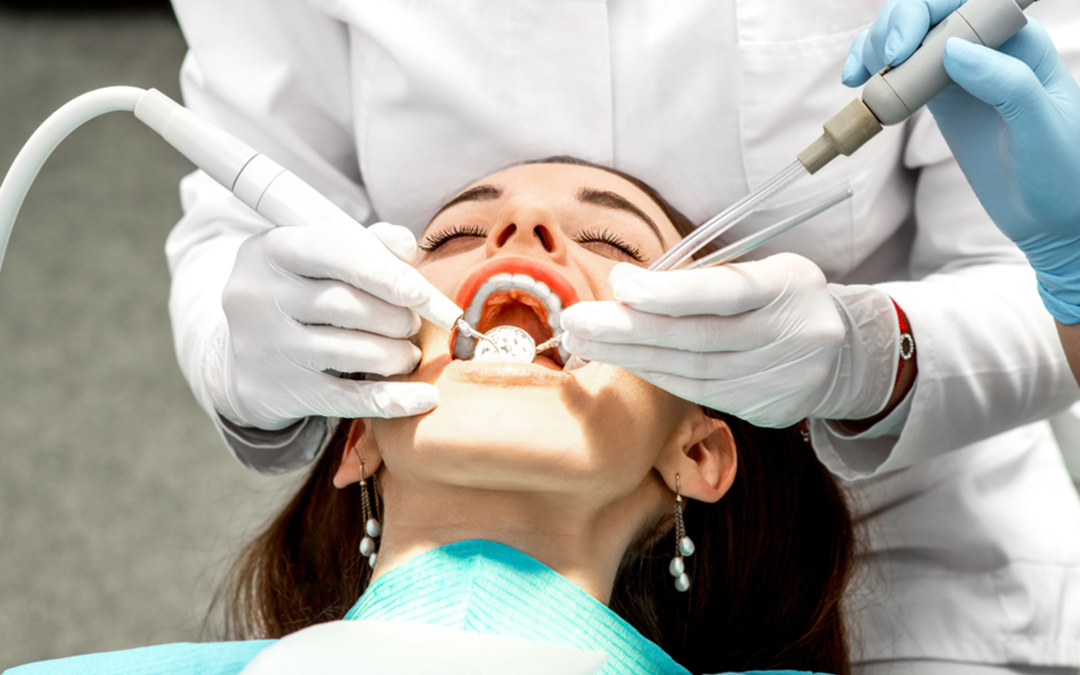Maintaining good dental care is essential for overall oral health and well-being. The impact of a healthy smile extends beyond aesthetics; it plays a crucial role in our confidence, social interactions, and general health. Inadequate dental hygiene can lead to a myriad of problems, including cavities, gum disease, and even systemic issues that affect the entire body. Understanding the fundamentals of dental care—ranging from daily brushing and flossing to regular visits to the dentist—can empower individuals to take charge of their oral health.
This article aims to explore the key components of effective dental care, offering practical tips and insights that are accessible to everyone. By emphasizing the importance of preventive measures, we can help build a foundation for lifelong dental habits. Whether you’re aiming to maintain a bright smile or address existing dental issues, equipping yourself with knowledge about proper dental practices is the first step towards achieving optimal oral health.
Daily Dental Hygiene Practices
Consistent daily practices are fundamental to effective dental care. Brushing teeth at least twice a day with fluoride toothpaste helps to remove plaque and food particles, while flossing daily is vital for cleaning the areas between the teeth that a toothbrush can’t reach. Additionally, using mouthwash can provide an extra layer of protection by reducing bacteria and freshening breath. Incorporating these habits into your routine can drastically lower the risk of cavities and gum disease. Regular visits to a dentist, such as a Dentist In Joshua Tx, are equally important as they allow for early detection and treatment of potential issues, ensuring your mouth remains healthy.

The Role of Nutrition in Oral Health
Nutrition plays a critical role in maintaining oral health. A balanced diet rich in vitamins and minerals supports strong teeth and gums, while sugary and acidic foods can cause decay and erosion. Foods high in calcium, such as dairy products, and those that promote saliva production, like crunchy fruits and vegetables, can help protect your teeth. Staying hydrated and limiting sugary beverages not only benefits your overall health but also minimizes the risk of dental problems. By prioritizing good nutrition alongside proper dental hygiene, individuals can foster a healthy environment for their teeth to thrive.
In conclusion, effective dental care is a comprehensive approach that integrates consistent hygiene practices, regular professional check-ups, and mindful nutrition. By committing to brushing and flossing daily, individuals not only create a barrier against the threats of decay and disease but also contribute to their overall health and well-being. Recognizing the interconnectedness of oral health with dietary choices empowers people to make informed decisions that enhance their smiles and support long-term dental resilience. Ultimately, investing time and effort into dental care is not just about achieving a bright, beautiful smile; it’s about cultivating a foundation for lifelong health that can significantly improve quality of life. By adopting these habits and fostering a proactive attitude towards dental care, everyone can take significant steps towards ensuring that their oral health remains a priority.